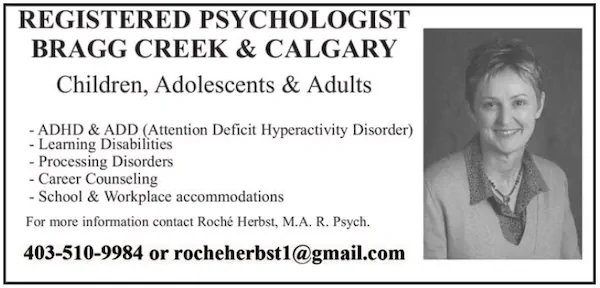SMILE IF YOU HAVE ADHD
WHAT IS ATTENTION DEFICIT?
Well, what is it and why is it so misunderstood? When you feel comfortable with yourself, it means you can change how society perceives Attention Deficit Hyperactivity Disorder (ADHD) and recognizes its strengths. Once a person accepts their diagnosis, they can start living well in going forward.
A SQUARE PEG IN A ROUND HOLE
Recall that little kid in elementary school who raised his hand and blurted out the answers. The boy with his backpack unzipped, papers spilling out everywhere, while being a master at Lego. The girl who daydreamed about everything else that was way more interesting than what the curriculum taught. Many individuals don’t fit into an environment that seems determined to confine their natural energy and curiosity. For some, the system ‘denied them recess’ (the one time they could freely express themselves) as punishment for their classroom misbehavior. Others blossomed the moment they left the academic system.
HOW TO HELP SET THE RECORD STRAIGHT
You find an environment that works for your ADHD. A place where you are able to direct your own play and study; where you can follow your passion in environments that tolerate and support your differences. You build a support network to help in your areas of weakness. By peeling back the layers of hurt and ‘failure’, you begin to discover the challenges and opportunities for growth. Now the world can value your creativity and energy in a new way. Sitting still doesn’t matter anymore. For many, it is the antithesis of success!
A SENSE OF HUMOUR IS POSSIBLE
Pat yourself on the back for sticking to a new routine which means you didn’t misplace your keys or wallet or remembered to take your card from the ATM. Let yourself laugh to take the pressure off being perfect or for being so hard on yourself.
True friends will laugh with you and celebrate your successes along the way. They don’t sweat it when you’re 10 minutes late. They appreciate your personality, values and how you see the world. They see the big picture.
BE A ROLE MODEL
Others look up to you and depend on you (although it may not always feel that way). Children especially, who learn best by example. Teach them that everybody’s brain works differently. Tell them how yours work. Be open about your strengths, weaknesses and coping strategies. It will teach them to be positive, that adults face and can overcome similar challenges.
This telltale knowledge will relieve their fear of failure, encourage them to take chances and help build self-confidence.
Celebrate your trials and tribulations together. Today, society has a whole new understanding and acceptance of ADHD than when you were a child. Don’t assume that children have the same roadblocks as you did. You are somebody who now understands the condition and can help advocate for them.
ADVOCACY AT WORK
Before you quit your job to join the circus or go save the sea turtles, think about what’s going well at work. Consider the things you love and what you bring to the table. Perhaps you could help making ‘cognitive differences’ part of the diversity policy. Also, consider whether you will talk to your boss about your ADHD and how to approach the conversation.
LAST WORD
Remember that ‘normal’ is socially, culturally constructed. Our differences make us who we are. When you can celebrate your strengths, you will encourage society to re-evaluate this so called “deficit disorder” that appears to define you.
Sources: Huff, T. Living well with ADHD (2016). Florida: Specialty Press. Dawson, P. & Guare, R. The smart but scattered guide to success (2016). New York: The Guilford Press.
Roché Herbst
M.A.R. Psych
Please note that due to a server issue my email has had to change to rocheherbst1@gmail. com I appreciate your patience on this matter.
























